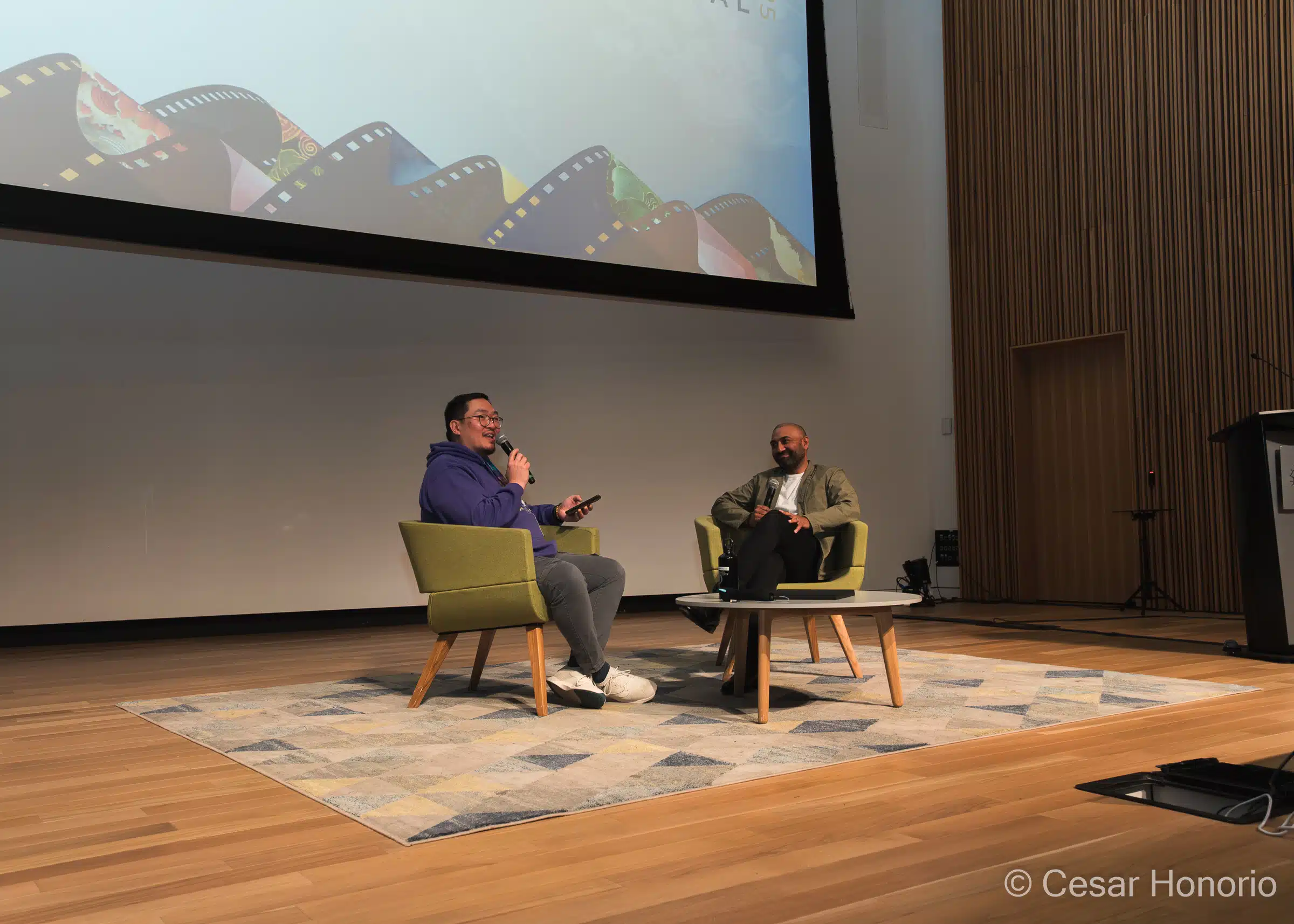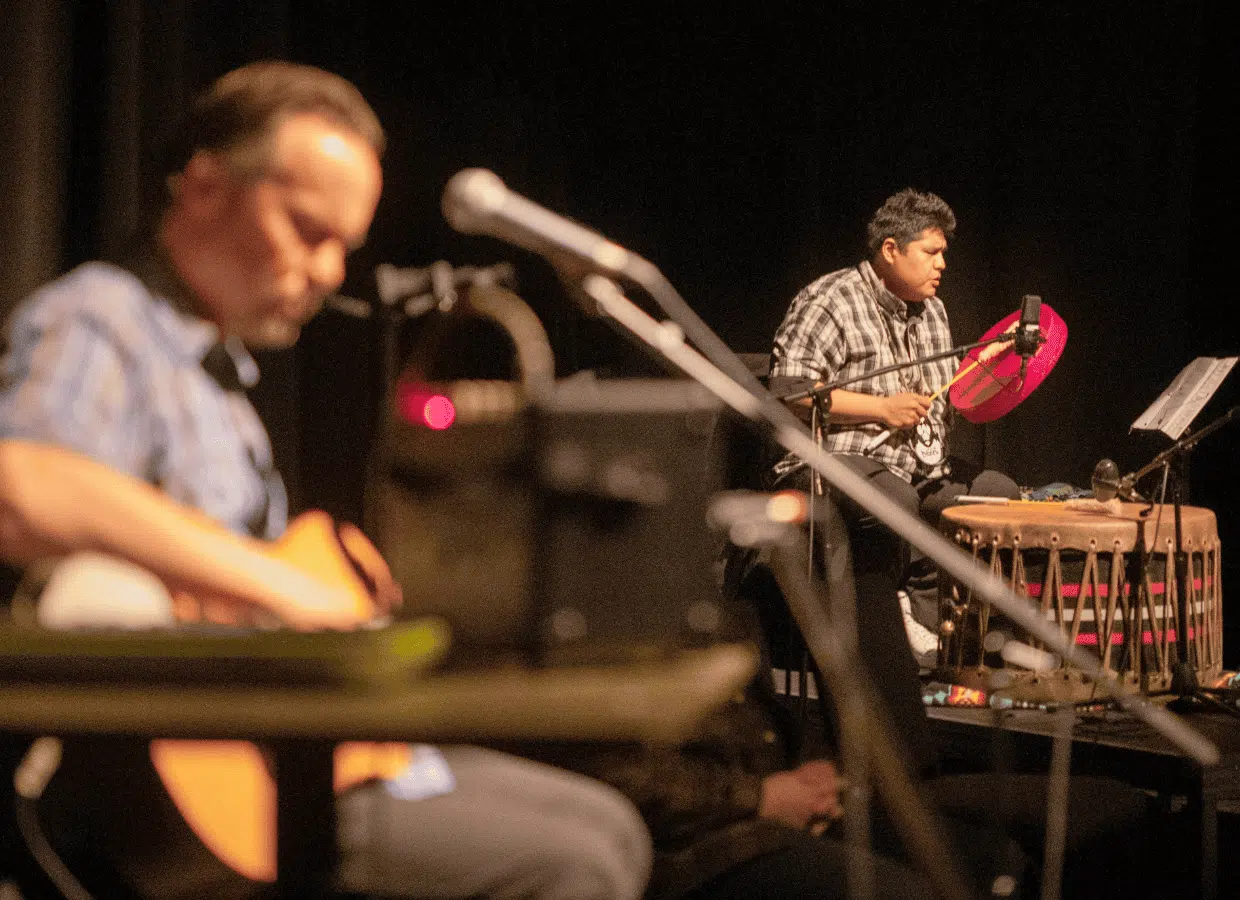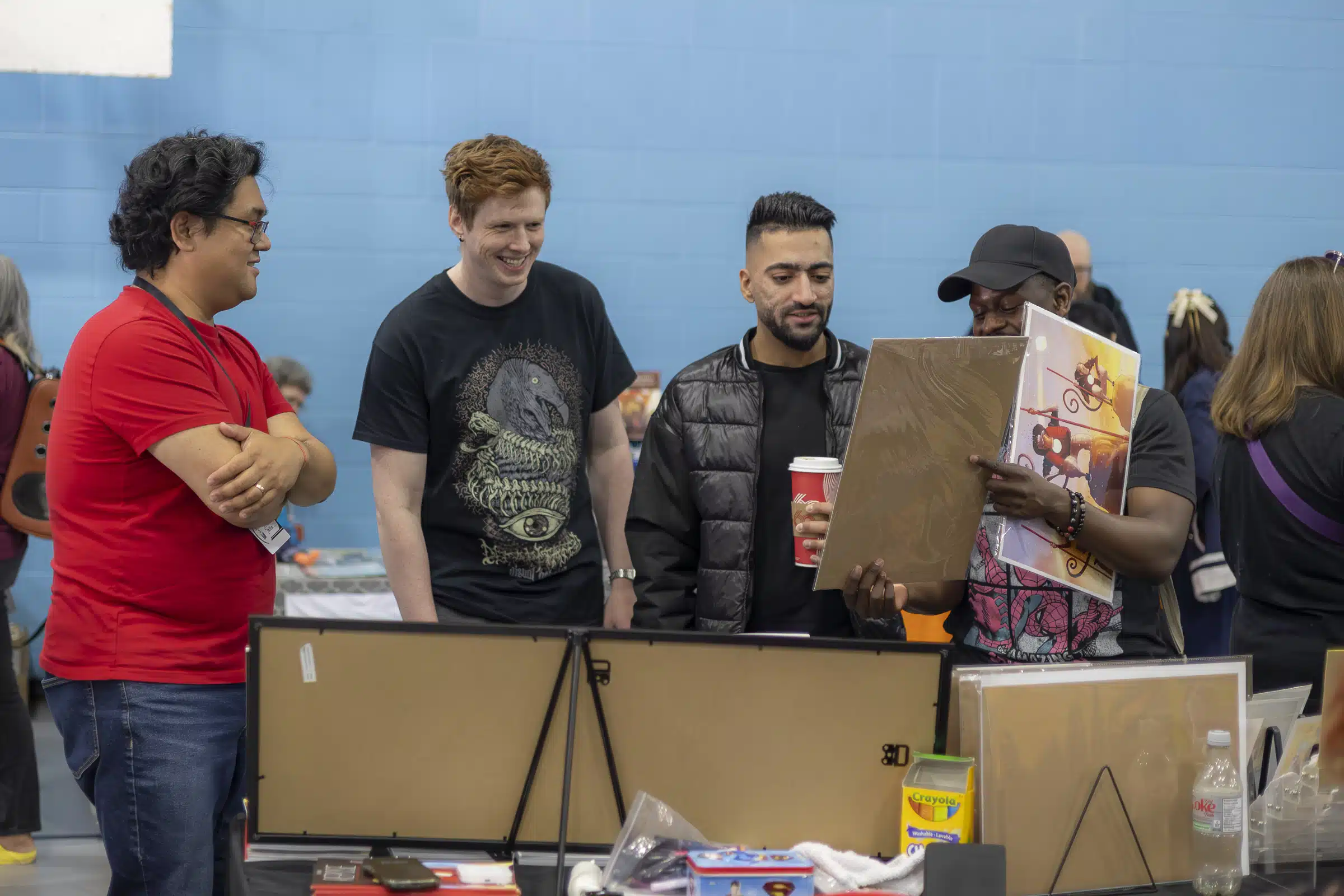Since the historic success of Parasite (2019), Asian cinema has been gaining more attention from international audiences. Films like Drive My Car by Ryusuke Hamaguchi, Minari by Lee Isaac Chung, and Past Lives by Celine Song show that stories shaped by Asian perspectives are no longer considered niche — they’re increasingly celebrated at major festivals and embraced by global viewers.
This cultural shift has opened the door for more festivals and events to champion Asian storytelling. One of them is FascinAsian — a Calgary-based film festival now in its fourth year. First held in 2022, in the wake of the pandemic, the festival has since become an annual platform for Asian-Canadian filmmakers and creatives. “We hope to give local filmmakers and film professionals another place to connect with each other and gather as a community,” say the organizers.
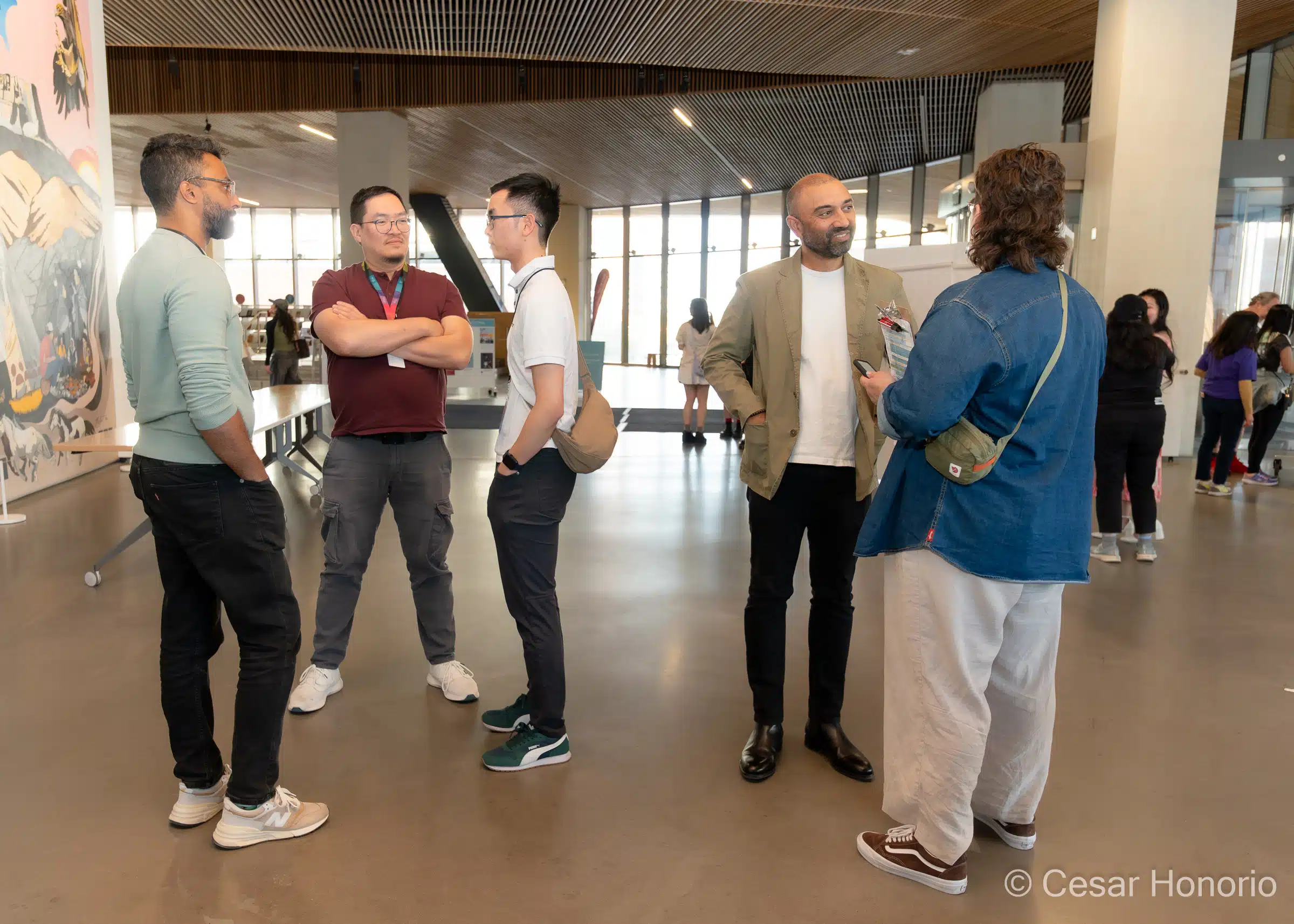
YEAR OF THE SNAKE
This year’s Calgary edition (May 1–4) was part of a regional series that continues in Winnipeg and Edmonton. FascinAsian takes inspiration from the zodiac each year, and in 2025, it embraces the Year of the Snake — a symbol of boldness and transformation. “We wanted to create a program that was bold and outside the scope of what we normally do,” says Judy Eng-Hum, FascinAsian Calgary Festival Director.
That vision translated into an expanded lineup: a multi-sensory art show featuring nine emerging local artists, a resource fair for aspiring filmmakers, two industry panels, and post-screening Q&A’s with feature directors including Lucky Star’s Gillian McKercher, Paper Flowers’ Mahesh Pailoor, and Sing My Song’s Barbara K. Lee. “Jillian McKercher and her entire cast joined for the screening, and Mahesh Pailoor even flew in from L.A. — it added such a special energy,” shares Eng-Hum.
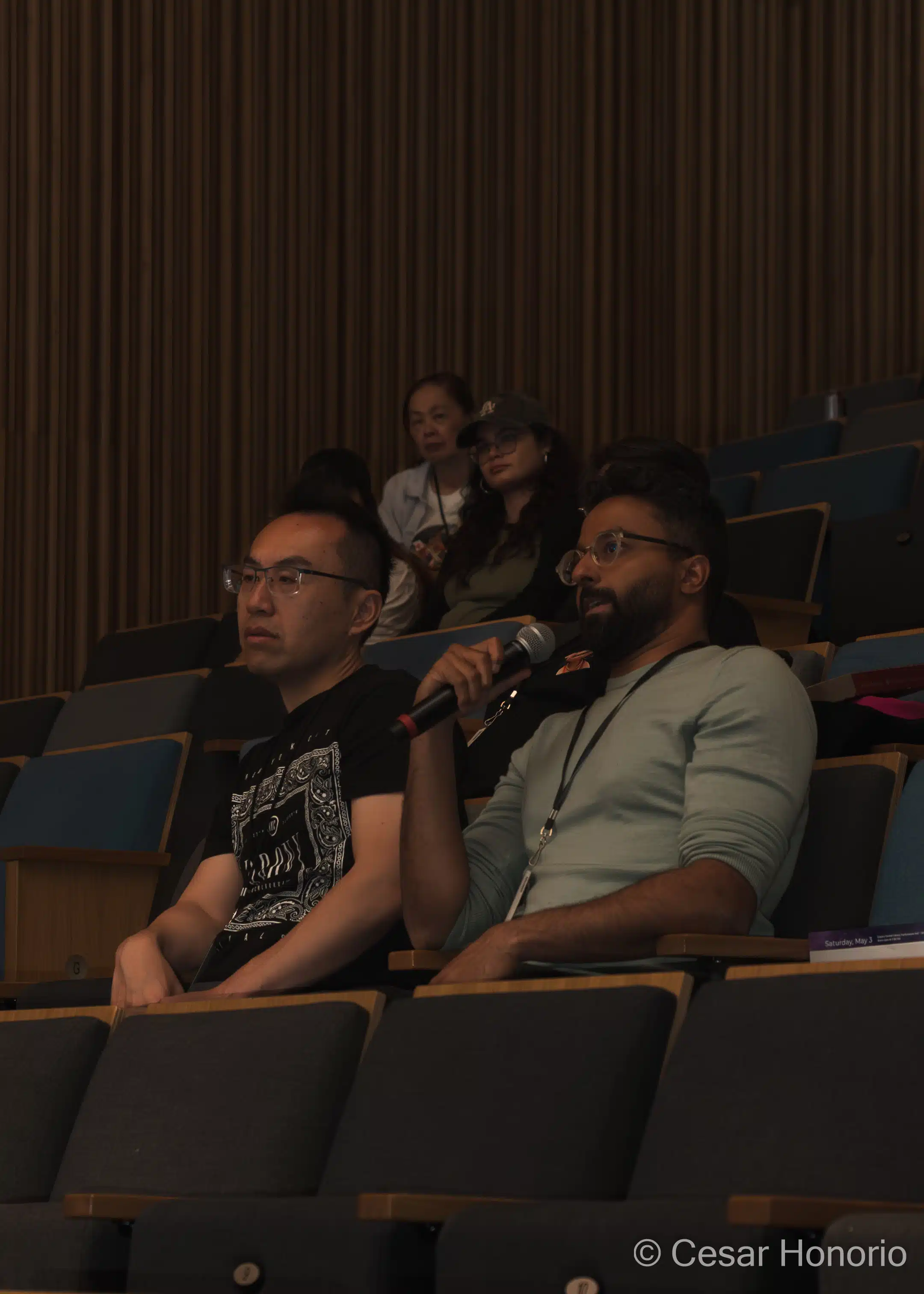
NIGHT AT THE LIBRARY
The Calgary screenings took place in an unexpected venue: the Central Library. On screening nights, the entrance is closed to the public, unless you tell the guard a code phrase: “I’m here for the film festival.”
Inside, the space opened with a small cultural art exhibit and a merch table featuring the festival’s annually refreshed design. Downstairs, a library meeting room transformed into a theatre. The mood shifted as popcorn, drinks, and buzzing conversations filled the space. Families and friends—some likely part of the filmmakers’ circle—greeted one another and discussed the films.
After the screenings, the atmosphere lingered on the library’s main floor, with food, photos, and informal chats that brought everyone a little closer together.
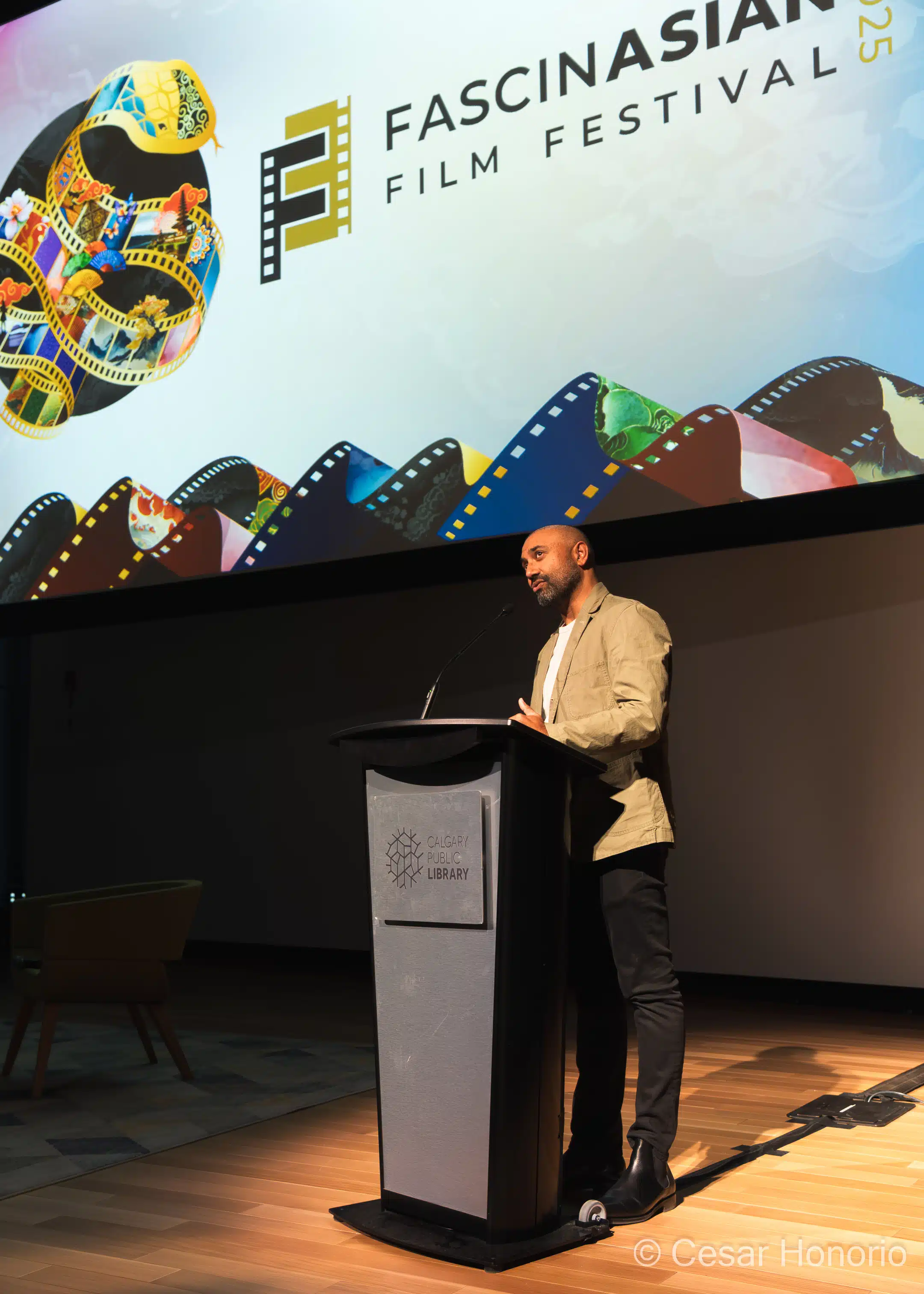
DIVERSE STORIES
This year’s feature selection reflects themes of resilience, intergenerational tension, and self-determination. From Lucky Star’s prairie-set family drama to the poetic realism of Paper Flowers, each film explored what it means to belong — to family, to place, to oneself. Sing My Song, a documentary on the absence of Asian pop stars in North America, offered a powerful reflection on representation in the industry.
“I’m excited to see how the Asian-Canadian filmmaking diaspora grows,” says Kyle Marshall, Program Director at the Calgary Society of Independent Filmmakers, who was invited to be part of the inaugural Resource Fair.
“We have varied creators, like Justin Zorig, who’s editing a relationship drama short; Steven Irawan, who’s jumped in at all levels of filmmaking and is releasing his first co-directed short; and Jen Zhao, whose Finding Nathan Fielder–inspired comedy-drama won the Audience Choice Award at last year’s FascinAsian.”
He also praises director Gillian McKercher, whose second feature, Lucky Star, opened the festival, and producer Kevin Dong, who is now working on Puddy Tat through Telefilm’s Talent to Watch program. “When it comes to Calgary,” Marshall says, “I think the future is fairly bright for Asian talent.”
Looking beyond Alberta, he points to recent Canadian standouts like Riceboy Sleeps by Anthony Shim, 7 Beats Per Minute by Yuqi Kang, and Desync by Minerva Marie Navasca. “All of the people I mentioned are making diverse stories within vastly different genres. I’m excited to see what’s created next.”
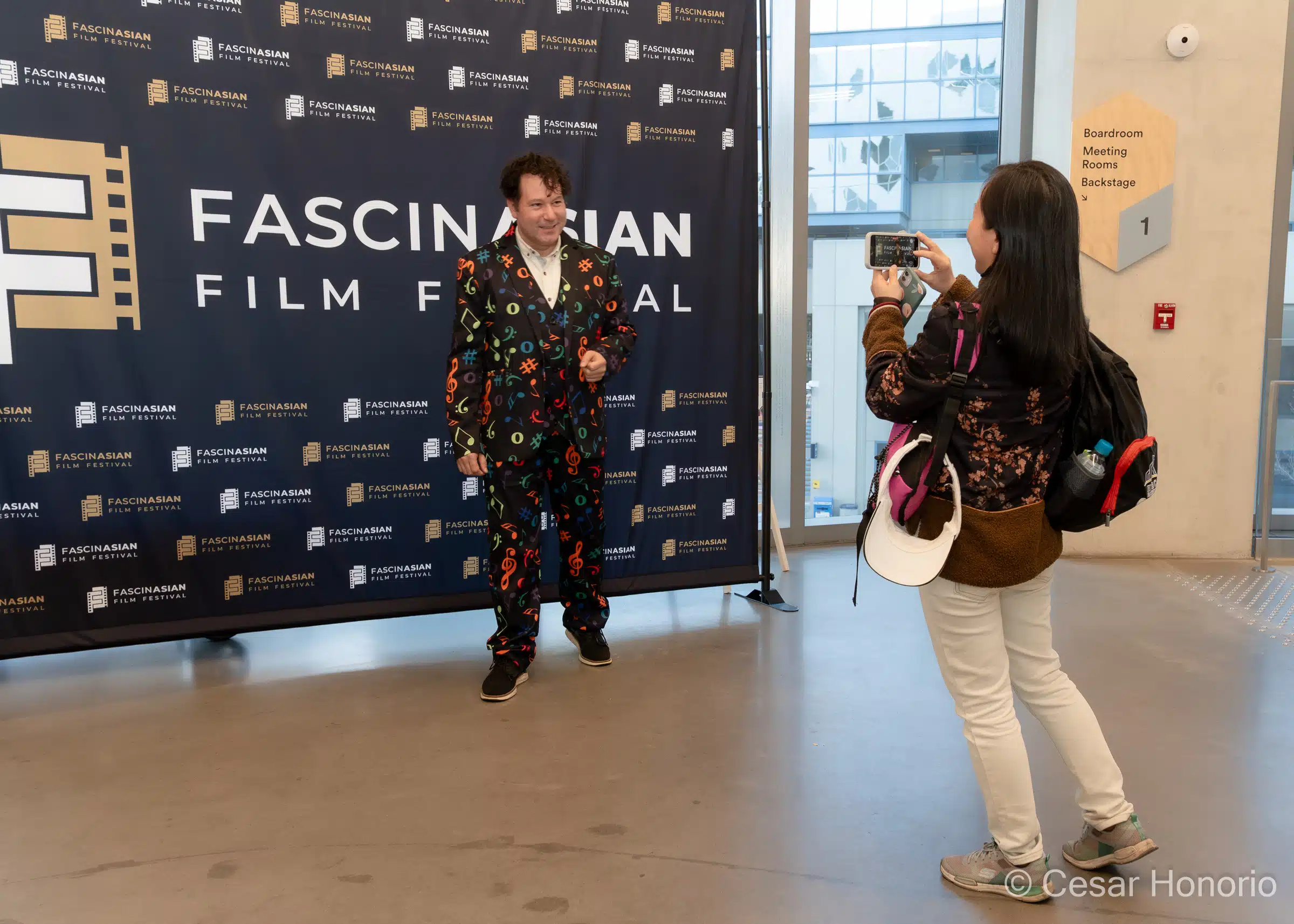
BROADER SHIFT
The festival was born out of a gap — a sense that Asian filmmakers in the Prairies lacked visibility and validation. “There wasn’t an Asian film festival in Calgary or anywhere in the Prairies,” the organizers say. “People assumed there was no talent here. But there is — and it deserves a stage.”
Beyond just showcasing stories, the festival reflects a broader shift: a growing interest in the film industry and recognition that careers in the arts are possible. For many attendees, especially the younger audience and their families, the event quietly challenges the old belief, signalling a future where creativity can be pursued.
This year’s festival marks a bold and heartfelt celebration of Asian voices in cinema. With a growing audience and richer programming, FascinAsian continues to create space for Asian-Canadian perspectives, not just as identity markers, but as vital voices within Canada’s evolving film landscape.
FascinAsian continues this month in Edmonton (May 9–11) and Winnipeg (May 22–25).
